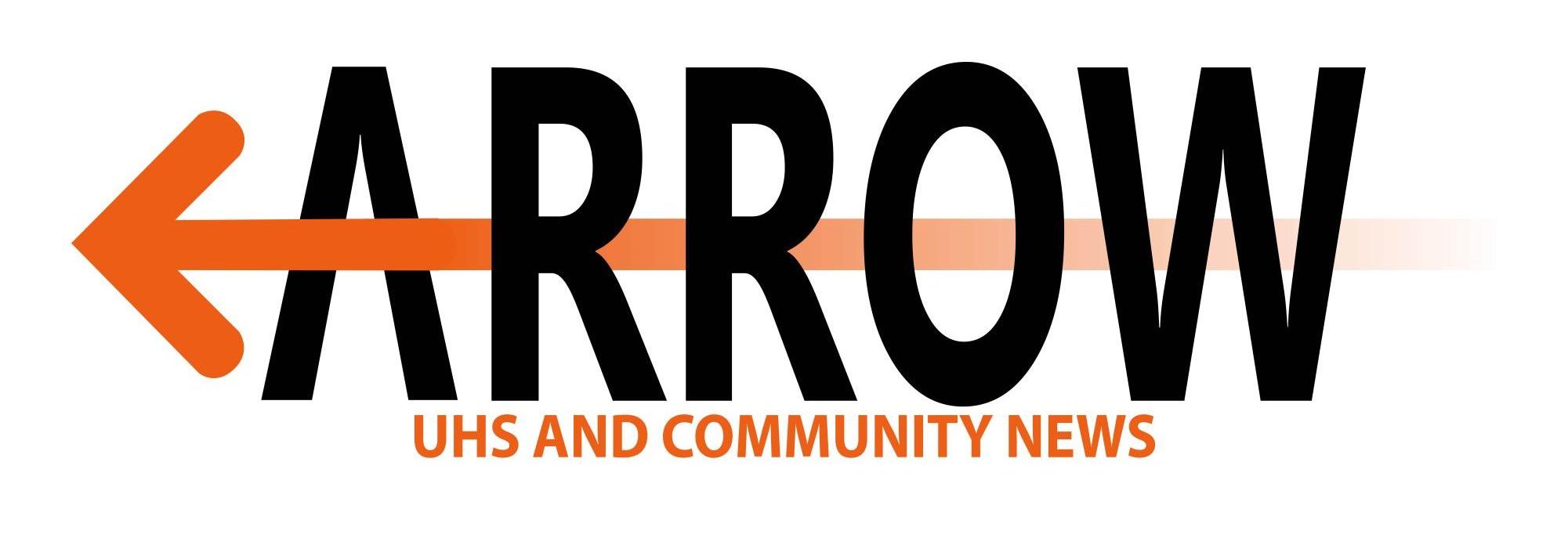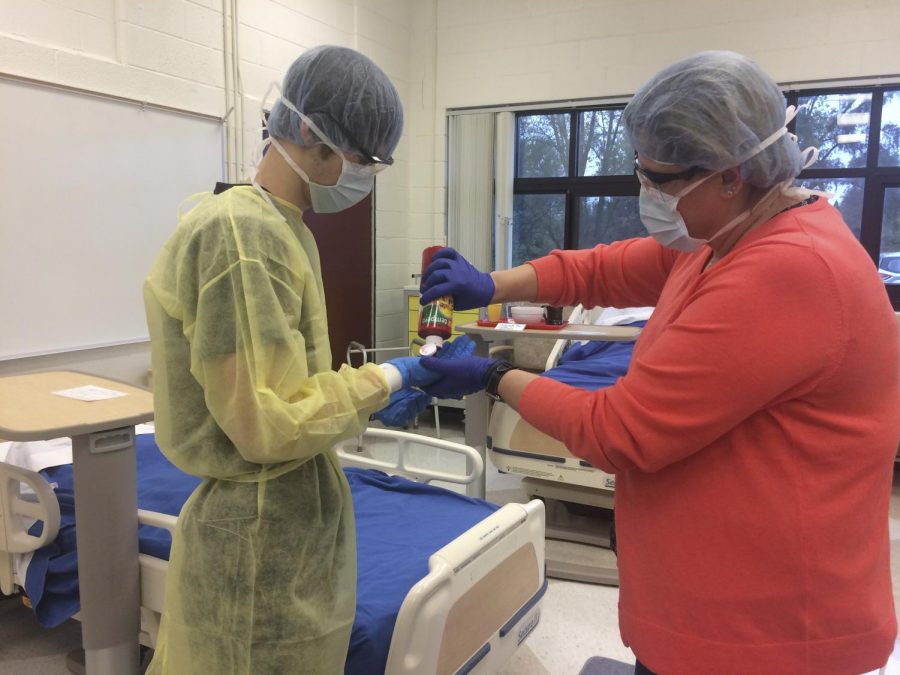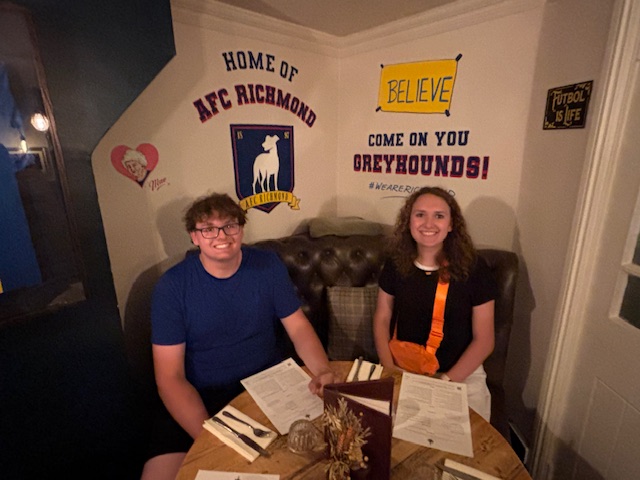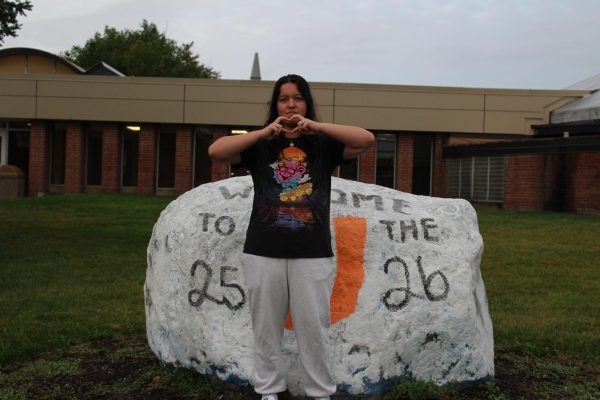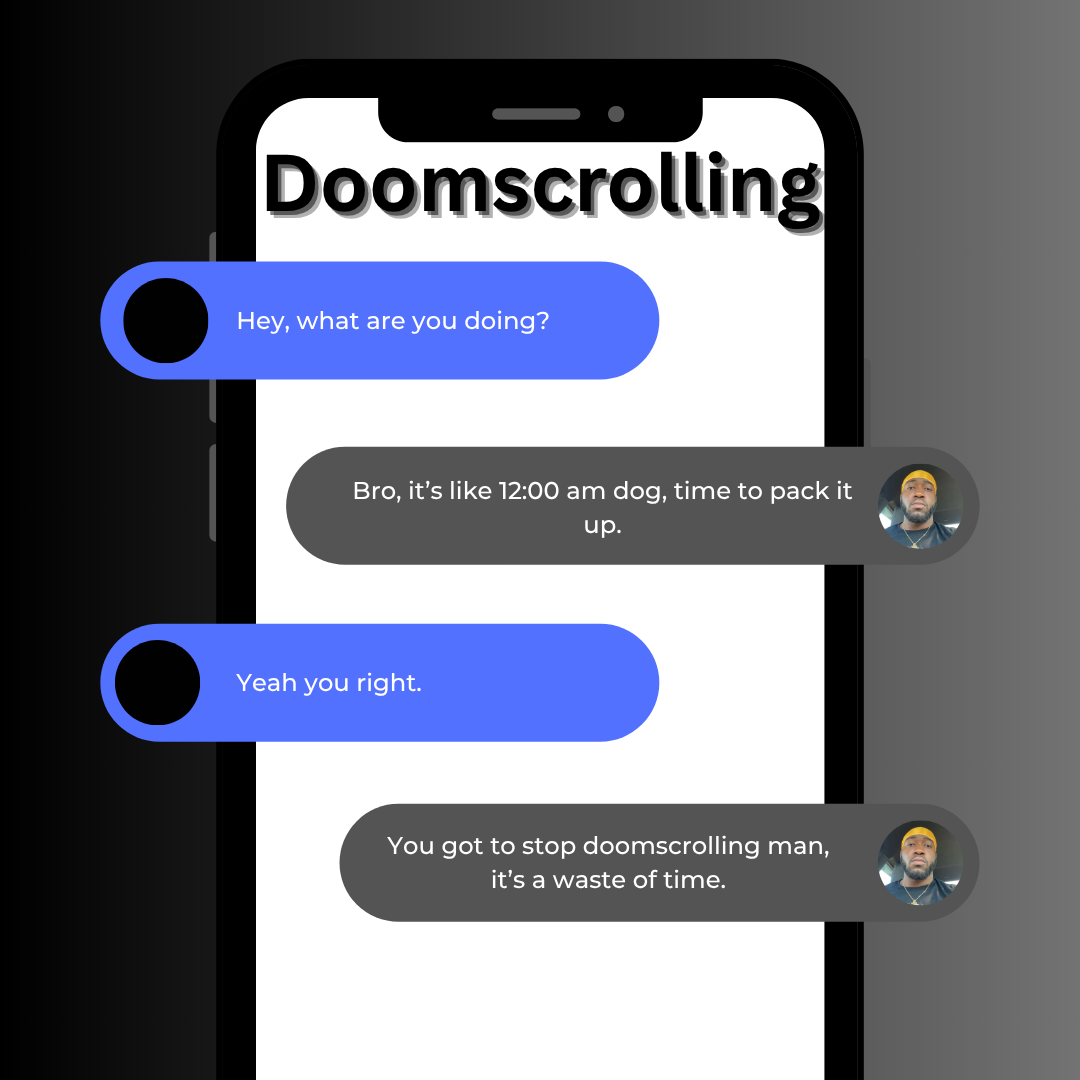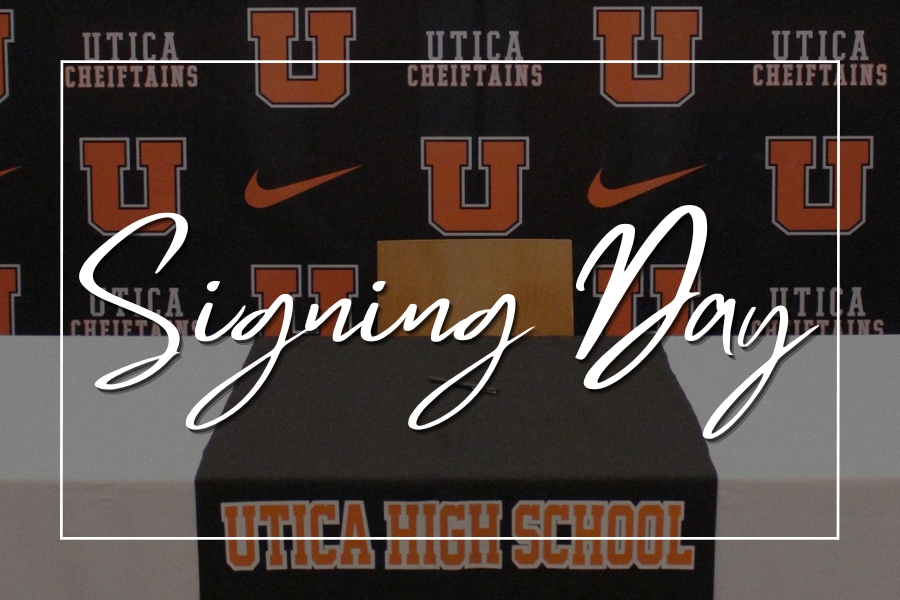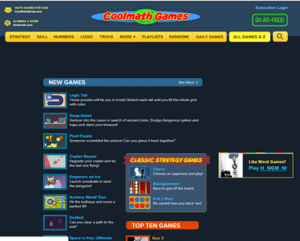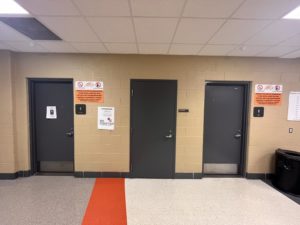Utica Community Schools students get a head start in medical fields
December 1, 2017
Forget waiting for medical school, or even for college. Students are gearing up for their medical careers in high school, and it’s all happening in Utica Community Schools classrooms.
UCS students have the options of enrolling in classes like Medical Science I and II, formerly Medical Health Science Careers and Medical Dental Assisting, and even competing with their knowledge in tournaments through Health Occupations Students of America.
“I teach and prepare students for careers in the medical field,” Utica High School teacher Melissa Rice said. “[The students] learn about theories, medical practices, what a hospital is like, and how insurance works.”
They’re testing the waters of the medical field, all the while putting themselves on a fast track to medical school, nursing programs, and other areas of the field, according to Rice.
“In these classes,” she said, “the students start to see if it’s how they see themselves and if the medical field is best for them.
Some students finish the class and hate it, which is okay, but others are now enrolled in [physician assistant] school, all because this class sparked their interest.”
A recent live stream conference of a knee replacement surgery provided students with the perfect opportunity to discover if they could handle being in an operating room.
The “Surgical Suite: Total Knee Replacement Surgery” was viewed by medical science students, in partnership with the Center of Science and Industry. UCS students had the opportunity to ask questions to the surgeon and other professionals in the operating room, and be taken step-by-step through the entire surgery.
“It was very interesting,” UHS senior Kathryn Balaj said, “to see how it all worked and all the steps that had to be taken.”
Rice answered any questions that her students had along the way, and helped her students understand the surgical process and how it would go as they watched it unfold on screen.
“I liked visually seeing a real surgery,” UHS senior Mariana Merandi said. “It was very cool and very different, especially compared to how we usually learn about surgeries –with lectures and worksheets –in the classroom.”
No matter how the students reacted to seeing the operation live, whether with horror and disgust or fascination, it was a learning experience for every viewer.
“It wasn’t weird at all,” UHS senior Quinn Rylander said. “It was cool. You got to see what happens in an actual surgery.”
The medical science classes offer something for every aspiring medical student: future surgeons, physician assistants, nurses, and even medical marketing.
There are plenty of opportunities to learn about being a medical professional in the classes, and students are required to learn anything from the anatomy of the human body to the inner workings of a hospital and how it operates on a daily basis.
“Right now, I’m not certain of [what I want to do in medicine]. I want to do something that helps people, something medical.
My class provides a lot of insight on human anatomy, ranking of hospital employees, and working with protective equipment,” UHS senior Logan Wessel said. “It’s also helped with general knowledge for life, like how to create resumes and cover letters for job interviews.”
Other students, like Merandi and Rylander, have enjoyed their time in the medical classes, even though it inspired them to work toward marketing careers.
“I was glad I got to experience the feel of the real job fields in my marketing class and my medical science classes,” Merandi said. “However, I no longer want to go into the medical field like I originally thought.”
“I kind of like medicine,” Rylander said, “so I combined medical classes with marketing classes. I want to be a medical marketer in the future, since it combines good money in medicine with my love of marketing.”
Other students take what they learn inside Rice’s classroom and take it to new heights. One such student is UHS senior Drake Lundquist, who uses his knowledge from class and volunteers at the Rochester City Fire Department.
“Medical dental class is mostly about medical terms,” he said, “which helps me in the career I want in fire and EMS.”
Lundquist said that not only does the medical science curriculum help him with his future studies and career, but it assists him in learning with his mentors at the fire department.
“I know what the medical terms are before they teach me because of my class,” he said. “I’ll be going through EMT [training] in January, and by then, I’ll know everything I need to know.”
Whether or not they decide to actually pursue a career in the medical field, Rice and her students are establishing a new norm in medical education and in discovering career paths.
“I think I want to be a nurse practitioner,” Balaj said. “[My classes] have helped me understand what I would be doing with patients and what it’s really like to practice [medicine].”
Future patients can rest assured that if their doctor is a UCS graduate, they’ve had plenty of schooling, all beginning in their high school classrooms.


